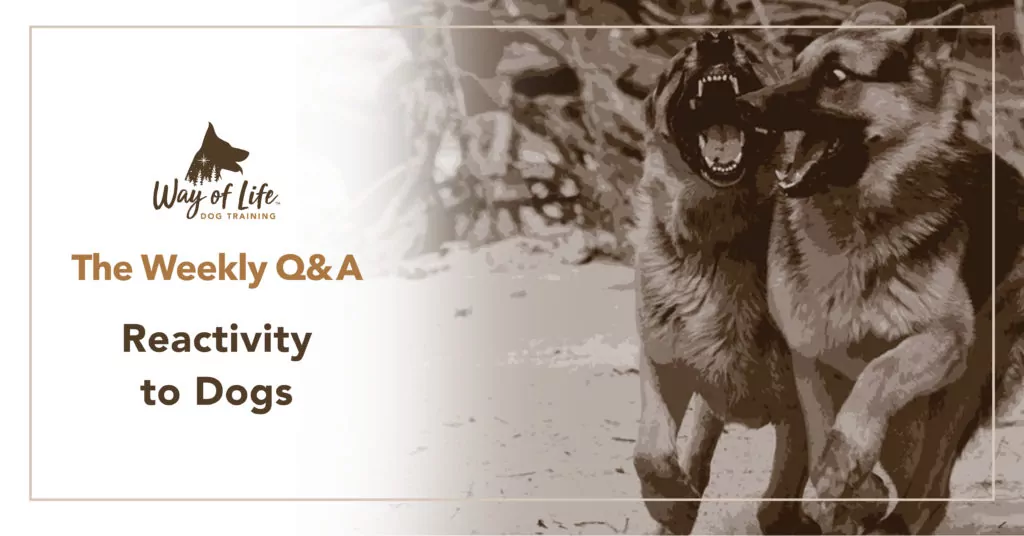
Q: I’m looking for behavior training for our dog, who is 4 years old and a mixed breed. I adopted him from the Hong Kong Dog Rescue when he was 4 months old. We moved to Canada recently and would like to have some training again to correct behaviors like barking at other dogs. He gets excited very easily so it’s challenging at times to let him socialize with other dogs. He had more opportunities socializing before he developed some skin problem which the vet said may pass on to other dogs. We were about to move to Canada after his skin problem was cured so we’ve waited until now to get back into training with him.
A: Thank you for contacting us about your dog and seeking assistance with his barking at other dogs. As well, good on you to bring your dog with you to Canada when you moved from Hong Kong! I mean that because many of us have heard stories of animals being relinquished because the people had to move. I would also like to congratulate you for abiding by the vet’s requirement that your dog be kept away from other animals until his skin issues heal, because yet again, we know and hear of people bringing their sick dogs in contact with other dogs.
In my response I want to touch on two matters – one having to do with how we think about dog socialization and the second with how we go about socializing. So let’s talk first about your dog barking at other dogs, which you construe as him being so excited as to make it hard for you to socialize him with other dogs. As I see it, a dog barking at other dogs and getting overly excited to meet them is not a dog I want around other dogs just yet. I will need to see your dog to gauge the flavor of his excitement and whether he’s nervous or would like to engage with the other dogs. However, it sounds that he is more apprehensive than interested and that tends to be the case.
Now how to do things practically – first thing is to dial down the socialization with other dogs. It’s not your priority right now; rather your focus is on your bond with your dog and making that healthy before you bring other people or animals into the picture. I refer to this as primordial socialization because unless you have that basis of relationship, any other introductions will be difficult on your dog who is not too sure of you yet – you being the person introducing and socializing him.
The next step is to teach your dog to simply ignore other dogs at a distance and then nearby. Only when you have a dog who has learned to not make a big deal of other dogs do you introduce that dog to other dogs and begin to allow what I call interactional socialization. The other thing is who you’re introducing your dog to – random dogs at the dog park? Or steady and bonded dogs just like yours who can become their friends and playmates for life? I assure you dogs care to form friendships just as we do and when we socialize them with just about any dog, we’re treating them like kids in a playground and minimizing their natural desire to form meaningful and lasting bonds.
To find out more about restoring your bond with your dog and then gradually reintroducing him, check out my book The Way of Life Method: How to Heal Your Relationship with Your Dog and Raise a Sound, Strong, and Spirited Companion (At Any Age).